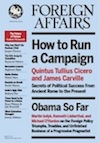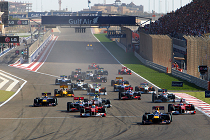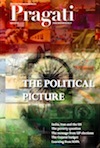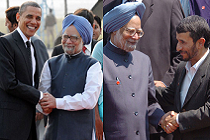Sanctions Are Only a Stop-Gap
The Western sanctions imposed on Iran to force it to abandon its nuclear programme have succeeded in bringing Tehran back to the negotiating table, but they are a tactic, not a strategy. Any long-term policy has to aim for a democratic Iran.









